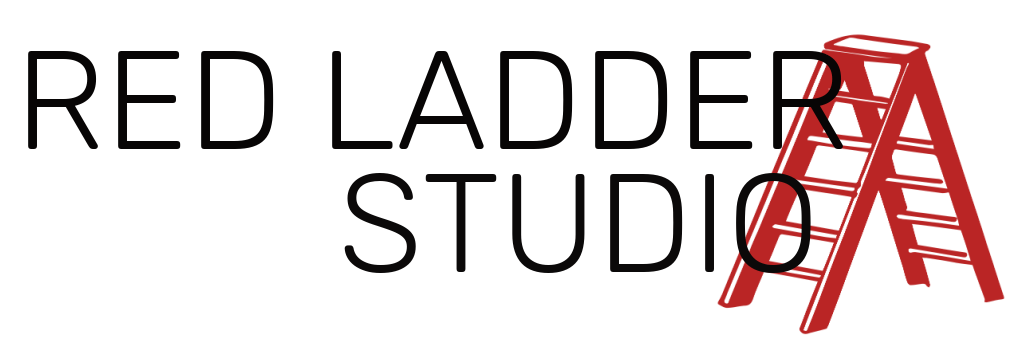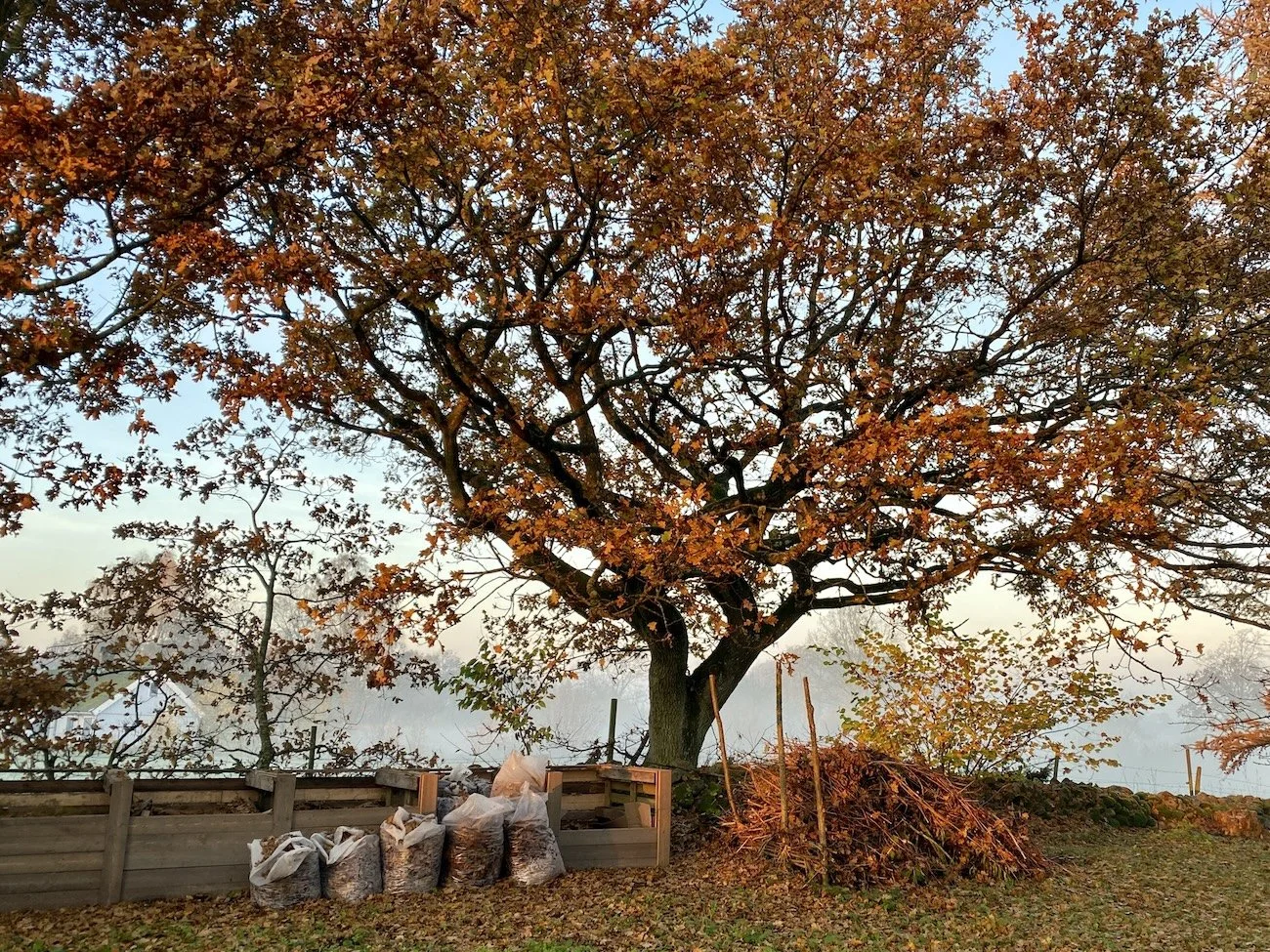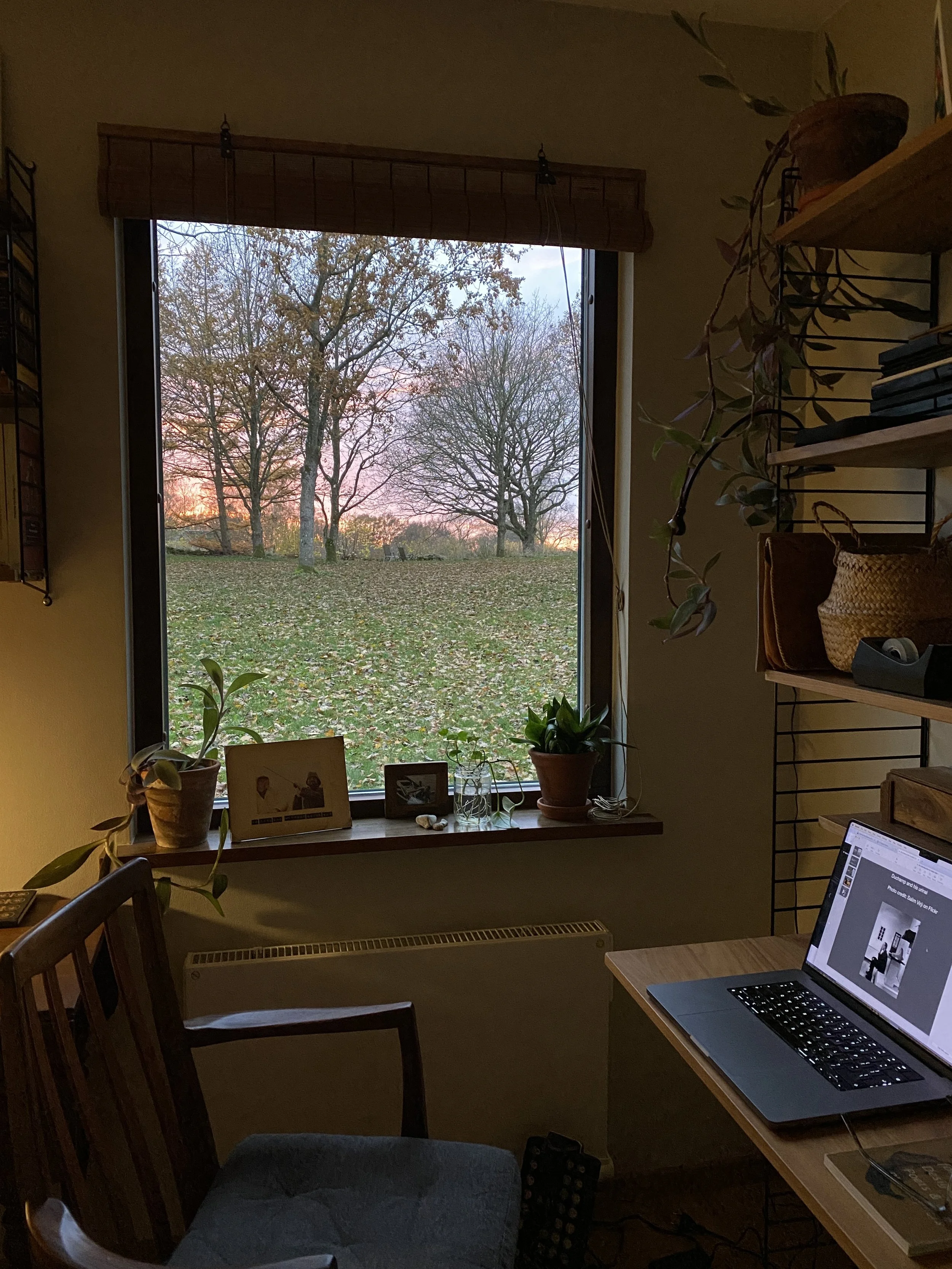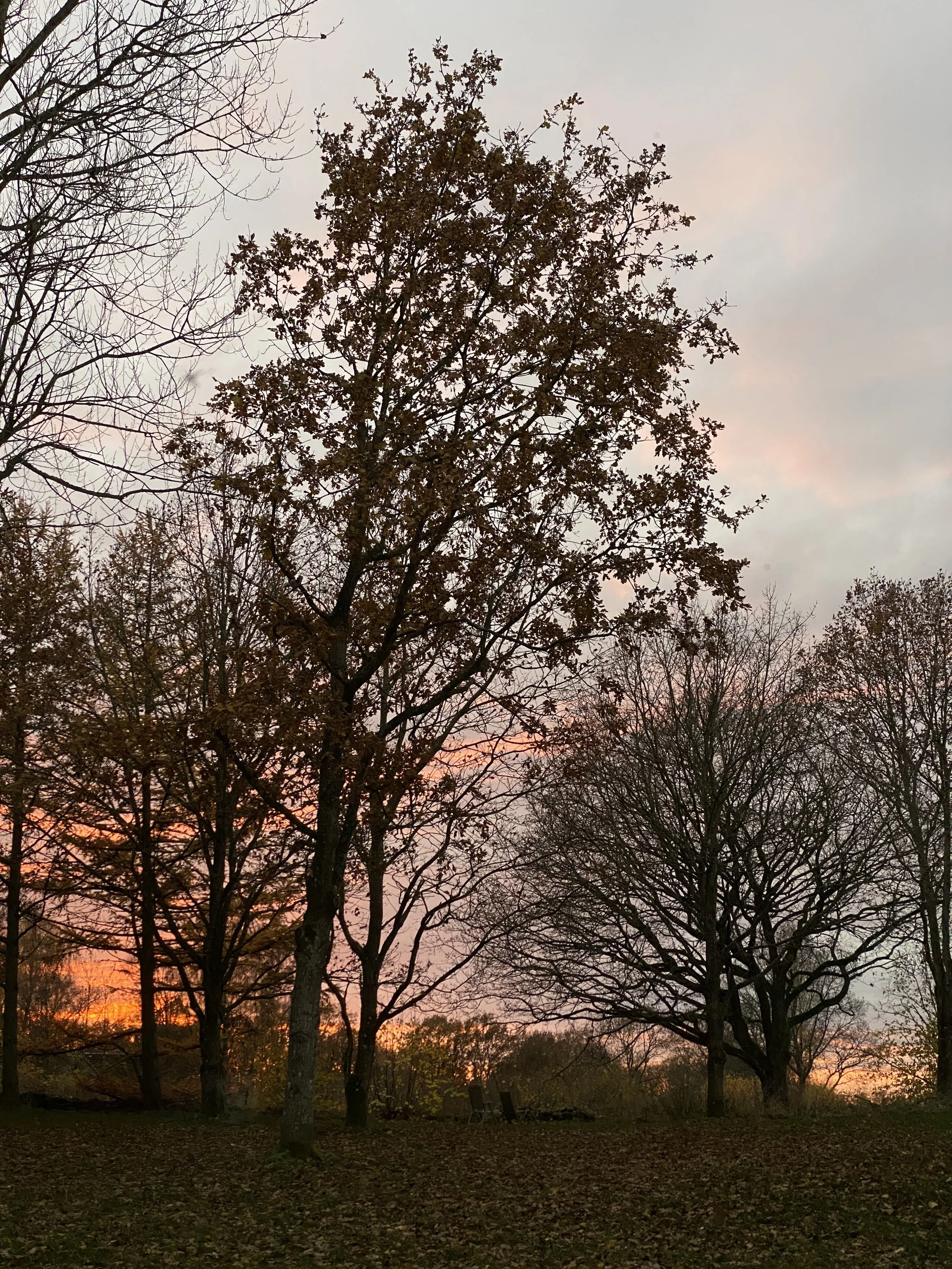Buddhism for hedonists
Sometimes the things that matter most to us are the hardest to do. I’ve noticed that the more meaningful a task feels, the stronger the resistance — as if my longings and my fears are somehow linked. This week, as I sat down to plan my upcoming online retreat, it happened again.
I had a quiet weekend ahead, in theory the perfect conditions for creative work, but I felt a wall of resistance. It’s strange, because this is work I love — deeply meaningful work — and yet, at that moment, I would have preferred to do my taxes! And yes, I do have some resistance to taxes, or raking up leaves, or fixing the toilet seat… but nothing compares to the resistance I feel toward the things that matter most — writing, creating, bringing something new into being.
It doesn't seem to make sense, does it? Or perhaps it makes perfect sense.
One of my favourite ways to procrastinate is by watching YouTube videos aboutprocrastination. (YouTube seems to know this about me — it keeps suggesting more.) Recently I watched a coaching call where the coach helped someone realise that the reason he avoided his most meaningful work was because it was meaningful. Because he cared so much, he wanted it to be perfect. He approached it wearing his perfectionist hat — the stakes felt high, the fear kicked in. No wonder he wanted to do something else, anything else.
I don’t bring that same perfectionism to raking leaves or mending toilet seats. I just do them. I don’t even expect my taxes to be perfect (though maybe I should). But with writing or creating — especially when I plan to share it — that perfectionist streak appears.
Am I really going to put something out into the world that isn’t perfect?
Well, the answer has to be yes — yes, every week, every newsletter, every photo shared on Instagram, every online retreat.
There’s no other option. If I waited until something was perfect, I’d never make anything at all. And paradoxically, the only way to get closer to making something you truly love is to make a lot of imperfect things.
The coach in that video offered a simple solution — the only real way forward: you’ve got to find a way to enjoy what you’re doing. That means letting go of the idea of perfection and instead asking, “How can I enjoy this work session?”
Does that feel like a trade-off — enjoying yourself instead of striving for perfection? But really, was perfectionism ever going to lead to perfection? Probably not. Which newsletter would you rather read: the one I wrote while trying to make it perfect, or the one I wrote because I enjoyed writing to you?
Remembering to pause and take a look out the window.
I started out talking about perfectionism in creative work, but the same question applies to Dharma practice — to being a Buddhist.
Back in the day, in Triratna (the sangha I belong to), we used to talk about meditation retreats and study retreats — a clearer distinction than now, when most retreats combine both. I’d often hear people say, “I love meditation retreats, but next year I’m just going to do study retreats — they’re so hard.” Practice is supposed to be hard, isn’t it? Or… is it?
On a recent retreat, I joked that my speciality was “Buddhism for hedonists.” It was the same retreat I wrote about last time, the one someone described as a cross between a retreat and a holiday — a Dharma holiday.
Quite a few people responded to that newsletter — some resonated, one or two disagreed. “A retreat shouldn’t be like a holiday,” they said. Fair enough. We each have to work with our own tendencies, our own samskaras, and find what serves us best.
For me, a touch of hedonism helps. The Cambridge Dictionary defines hedonism as “living and behaving in ways that mean you get as much pleasure out of life as possible, according to the belief that the most important thing in life is to enjoy yourself.”
On the surface, that sounds like the opposite of Dharma practice. But perhaps it can also be a skilful means — a way to practice more wholeheartedly. Maybe we can reframe it:
Living and behaving in ways that help me get as much pleasure out of practice as possible — according to the belief that the more I enjoy my practice, the more wholeheartedly and authentically I can engage in it.
Try this: take an area of your life and ask yourself, how could I enjoy this more? It could be your work, your Dharma practice, your relationships — even your bedtime routine. See what comes up.
For my work, I have a few strategies that make it more enjoyable. For example, simply not rushing. It’s easy to move through life with a “getting things done” attitude (there’s even a book with that title). But that mindset can make it feel as though I’m trying to get pastwhatever I’m doing. When I notice that, I consciously pause — sit back, stare out the window, and remind myself: you don’t have to rush this.
When it comes to Dharma practice, I recently heard that the Dalai Lama meditates for around five hours each morning — with his books. With his books! I loved that image — dipping into texts, sitting a while, letting the teachings unfold in meditation. That feels like a treat to me.
What kind of practice would feel like a treat to you?
Walking meditation as the sun rises? Sitting quietly among autumn leaves?
If enjoyment is the doorway to wholeheartedness, what would it be like to enjoy your practice more?
Related posts:
Practice a radical hospitality
Renunciation for hedonists



